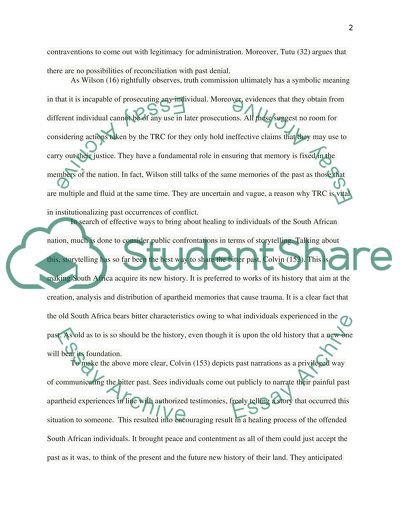Cite this document
(“History and Memory Essay Example | Topics and Well Written Essays - 1250 words”, n.d.)
History and Memory Essay Example | Topics and Well Written Essays - 1250 words. Retrieved from https://studentshare.org/history/1448634-history-and-memory-does-the-recent-history-of
History and Memory Essay Example | Topics and Well Written Essays - 1250 words. Retrieved from https://studentshare.org/history/1448634-history-and-memory-does-the-recent-history-of
(History and Memory Essay Example | Topics and Well Written Essays - 1250 Words)
History and Memory Essay Example | Topics and Well Written Essays - 1250 Words. https://studentshare.org/history/1448634-history-and-memory-does-the-recent-history-of.
History and Memory Essay Example | Topics and Well Written Essays - 1250 Words. https://studentshare.org/history/1448634-history-and-memory-does-the-recent-history-of.
“History and Memory Essay Example | Topics and Well Written Essays - 1250 Words”, n.d. https://studentshare.org/history/1448634-history-and-memory-does-the-recent-history-of.


